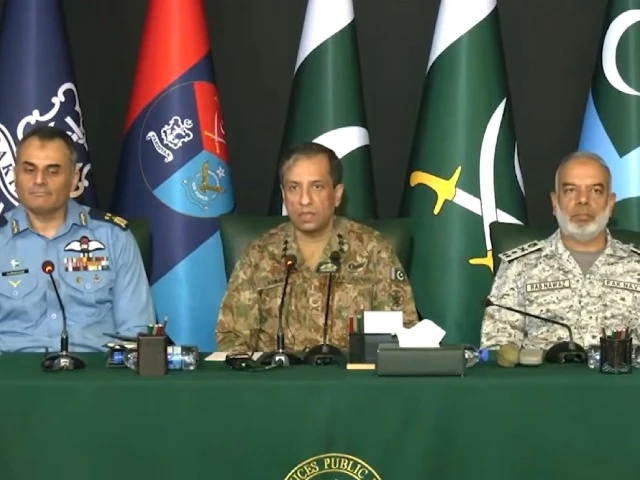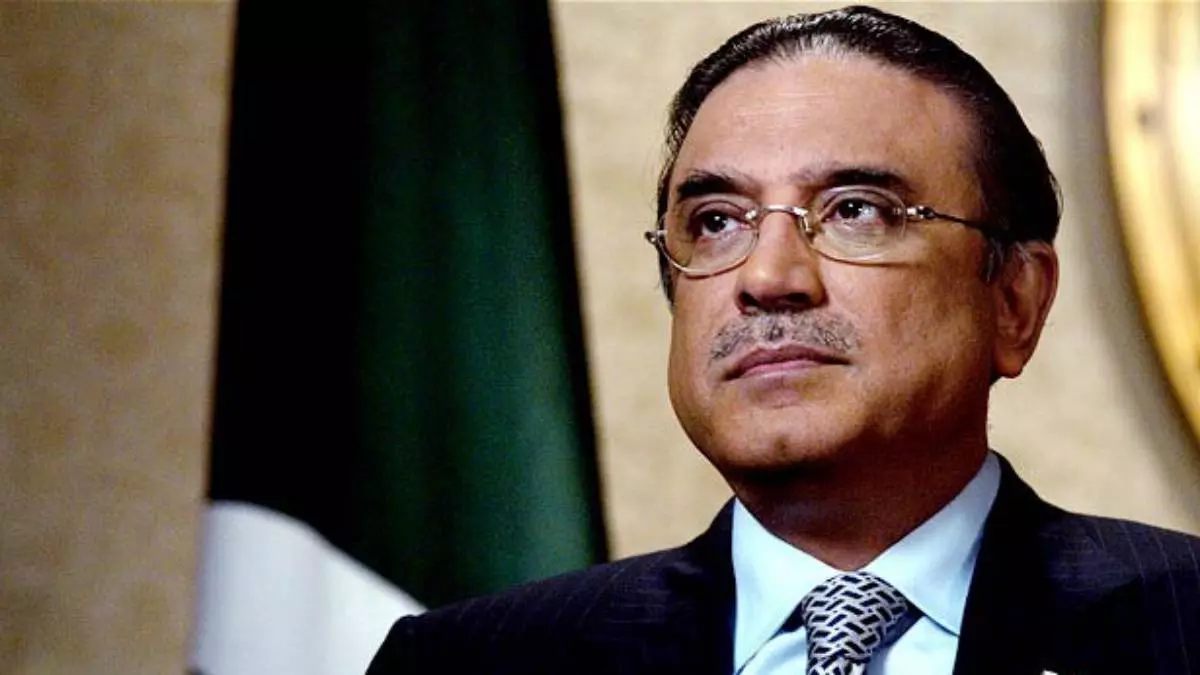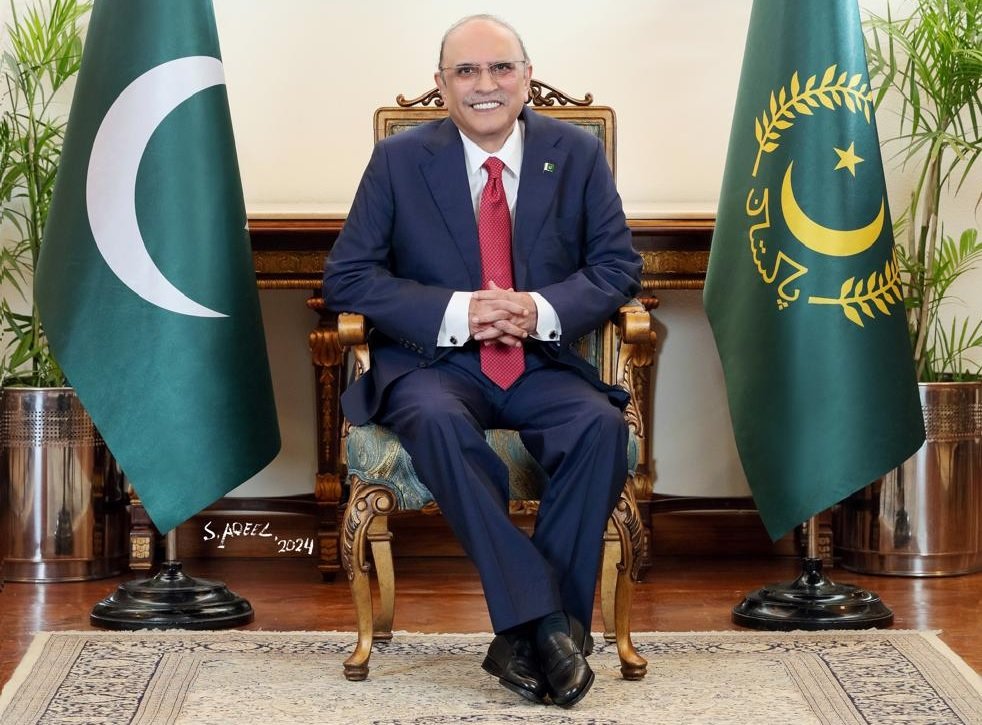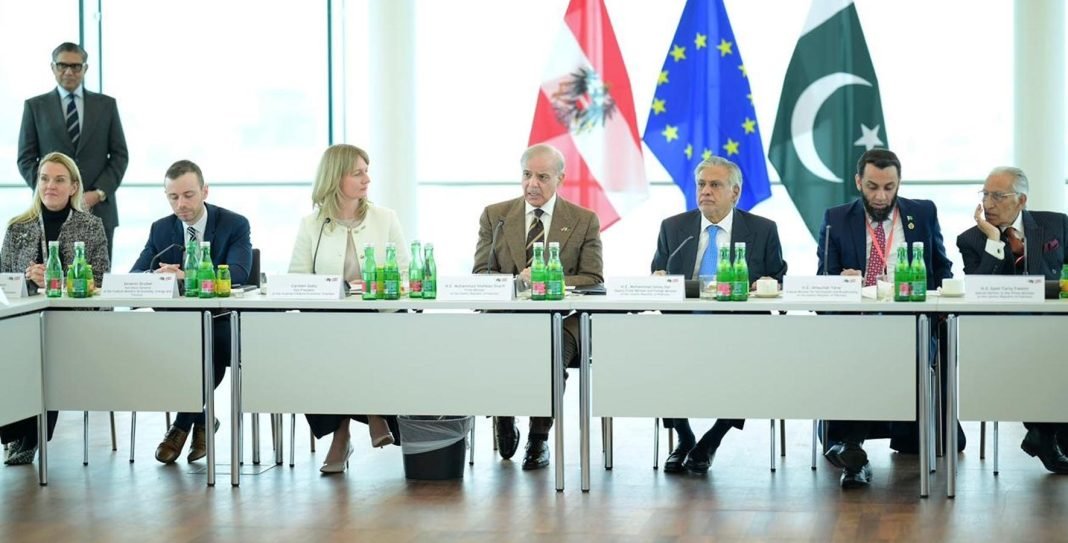Rawalpindi, May 12, 2025 — The Europe Today: Director General of Inter-Services Public Relations (DG ISPR), Lieutenant General Ahmed Sharif Chaudhry, declared on Sunday that Pakistan’s Armed Forces had delivered a firm and calibrated military response to recent violations of the country’s sovereignty and territorial integrity, affirming that any future provocations will be met with comprehensive, retributive, and decisive force.
Addressing a high-level press conference in Rawalpindi alongside Air Vice Marshal Aurangzeb Ahmed of the Pakistan Air Force (PAF) and Vice Admiral Raja Rab Nawaz, Deputy Chief of Naval Staff (Operations), Lt Gen Chaudhry outlined the details of Operation Bunyan Al Marsoos, a multi-domain tri-services campaign launched in retaliation for recent Indian aggression.
“No one should have any doubt — whenever our sovereignty is threatened or our territorial integrity violated, the response will be comprehensive, retributive, and decisive,” said Lt Gen Chaudhry.
Operation Bunyan Al Marsoos: Military Targets Engaged
Lt Gen Chaudhry said 26 key Indian military targets were struck across Indian Illegally Occupied Jammu and Kashmir (IIOJK) and mainland India. These included high-value airbases such as Suratgarh, Sirsa, Adampur, Bhuj, Nalia, Bathinda, Barnala, Harwara, Avantipura, Srinagar, Jammu, Mamoon, Ambala, Udhampur, and Pathankot — all of which reportedly sustained significant damage.
Critical BrahMos missile sites responsible for earlier attacks on Pakistan were also destroyed, along with S-400 missile batteries located in Adampur and Bhuj. Additional strikes targeted logistics hubs and radar stations supporting what Pakistan described as unlawful military operations.
Field supply depots at Uri, radar stations in Poonch, and command headquarters like the 10th and 80th Brigades at KG Top and Nowshera — identified as involved in planning attacks on civilians — were also neutralized, Lt Gen Chaudhry confirmed.
Cross-Border Precision and Restraint
The DG ISPR emphasized that the Pakistani response was executed with precision and restraint, targeting only military infrastructure. “Even Indian officials have not claimed that Pakistan struck civilian targets,” he noted, reaffirming that civilian protection is rooted in Pakistan’s religious, cultural, and professional ethos.
The operation demonstrated the seamless coordination of Pakistan’s Army, Navy, and Air Force — executing real-time, multi-domain operations powered by advanced network-centric capabilities. This synergy included the use of Fateh-series long-range missiles, loitering munitions, and precision artillery.
He disclosed that dozens of Pakistani drones maintained surveillance over sensitive Indian facilities, including sites in New Delhi, underlining Pakistan’s advanced unmanned capabilities. Additionally, Pakistan conducted cyber offensives that temporarily disrupted Indian military operations by degrading critical systems.
India’s Role in Terrorism and Ceasefire Clarification
Lt Gen Chaudhry accused India of orchestrating a spike in cross-border terrorism in Khyber Pakhtunkhwa and Balochistan during the conflict to distract Pakistan’s forces. Despite these challenges, Pakistan continued effective counterterrorism operations in the western regions without pause.
Responding to media speculation, Lt Gen Chaudhry categorically denied that Pakistan ever requested a ceasefire. “On the night of May 6 and 7, after the cowardly attacks, Indians requested [a ceasefire],” he said. “Pakistan responded only after executing the necessary military response on May 10. Our actions were deliberate, timed, and meaningful.”
He warned that any future conflict between nuclear-armed Pakistan and India would be catastrophic for over 1.6 billion people. “Such a war is sheer absurdity — those pushing for conflict are inviting mutual annihilation,” he added.
Acknowledgments and National Resolve
The DG ISPR extended gratitude to Pakistan’s Armed Forces, including every soldier, airman, and sailor, for their professionalism and sacrifice. He thanked the people of Pakistan for their unwavering moral and emotional support, calling it a “force multiplier.”
Special praise was directed toward Pakistan’s youth for their proactive cyber defense and counter-disinformation efforts, and the media for standing firm against Indian propaganda. He acknowledged the unified political front and the resolute leadership of the Prime Minister and cabinet in steering the nation through the crisis.
“Alhamdulillah, we have delivered on the promise made to our people,” he said. “Our retaliation was not just tactical — it was strategic, calculated, and a clear message to the world.”
Pakistan Air Force Speaks on Operational Brilliance
Air Vice Marshal Aurangzeb Ahmed described the PAF’s performance as “bold and confident,” highlighting that more Indian airfields were struck in a single mission than at any time since 1971. The operation, he said, was executed with surgical precision and no civilian harm.
He credited Chief of Air Staff Zaheer Ahmad Babar as the strategic mind behind the operation, outlining objectives to “restore deterrence, neutralize threats, and control the air.” Pakistani forces, he added, successfully targeted Indian Rafale jets, disabling their fleet near the western front.
India’s use of drones to strike civilian areas was countered effectively, with 84 drones intercepted and destroyed by Pakistan’s air defense systems. “We had promised that anything sent toward us would not return — and we fulfilled that promise,” he said.
Concluding Remarks
In closing, DG ISPR affirmed that Pakistan’s response marked a turning point in regional deterrence dynamics. “We will never be cowed by military might. Our resolve is unshaken. Our people are united. And our message is clear — Pakistan will defend itself, its sovereignty, and its citizens at all costs.”
He emphasized that the operation was a manifestation of Pakistan’s capabilities, values, and maturity, executed within the bounds of international norms and guided by moral restraint.













